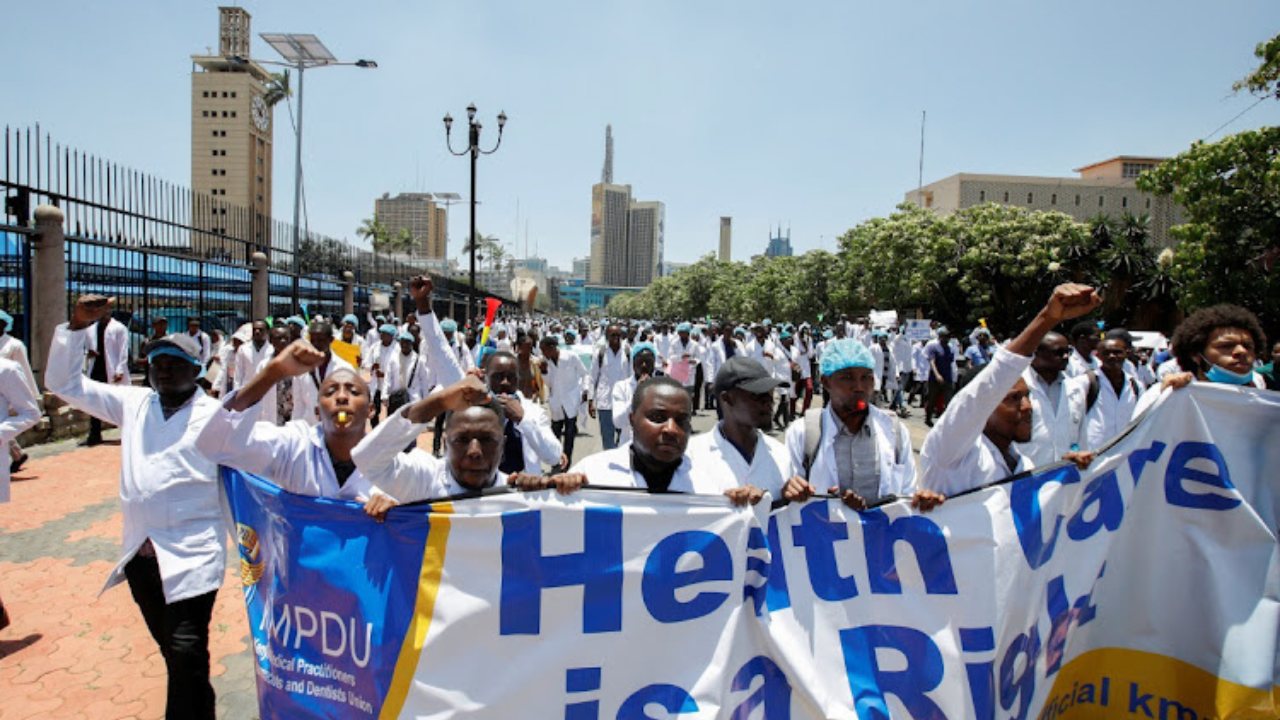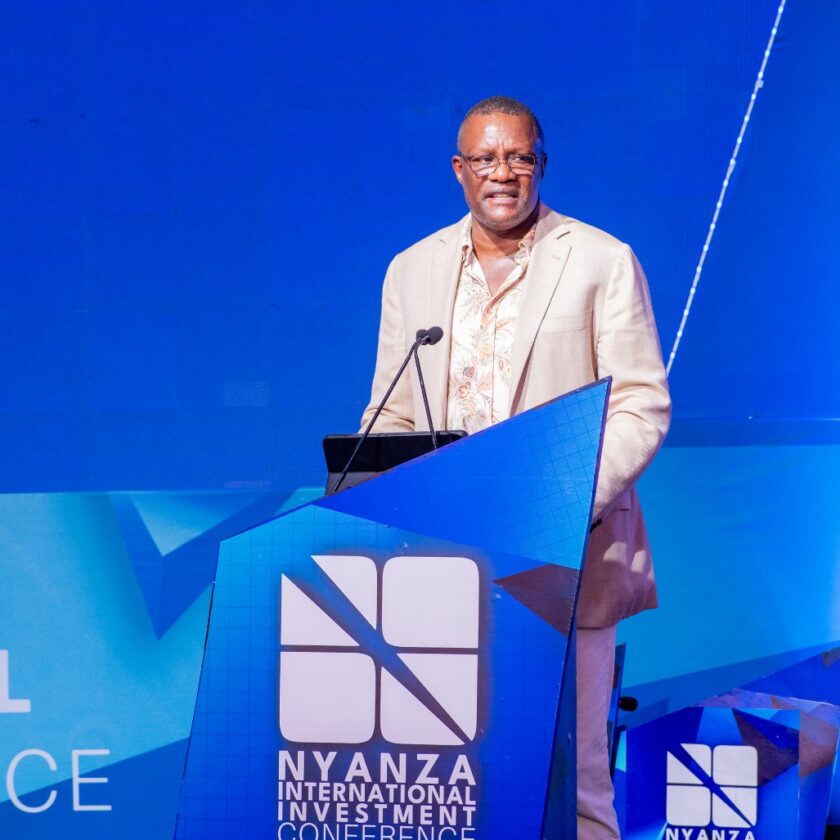In the wake of an escalating healthcare crisis in Kisumu County, the embroilment between striking doctors and county governance has burgeoned into a public spectacle, accentuating the disparities in remuneration and working conditions within the Kenyan health sector. Governor Prof. Anyang Nyong’o’s resolute stance, as announced, to withhold salaries from participating doctors in the national strike, ostensibly adhering to the labour relations act, signals a significant impasse. This decision, ostensibly a fiscal prudence measure, casts a long shadow on the ethos of public service and healthcare delivery.
The juxtaposition of the grievances aired by the medical fraternity against the backdrop of the county’s measures reveals a series of systemic malaise. At the heart of the discontent lies the stark contrast in financial recognition between Members of Parliament, some of whom possess questionable literacy, who have awarded themselves emoluments upwards of Ksh 1.5 million, and doctors, whose arduous journey through at least five years of university education culminates in a modest Ksh 70,000 monthly. This disparity has not only fostered tremendous sympathy towards the striking doctors from the Kisumu public but has also spotlighted the iniquities entrenched within the governance structures.
Moreover, the county’s interim solution, the deployment of medical interns as strike-breakers, is a precarious maneuver. These interns, though eager, stand on the nascent ground of their medical careers, legally mandated to operate under the supervision of the very doctors on strike. This raises a constellation of ethical and legal quandaries, especially in light of potential medical misadventures during intricate surgical procedures—a question that remains ominously unanswered. Who bears the onus of responsibility in the event of medical misjudgments or errors committed under such pressured, unsupervised conditions? In case of deaths at the hands of inexperienced interns, who is to be pinned down?
The assertion that the huge number of doctors on strike can be substituted, even temporarily, by a relatively minuscule cadre of inexperienced interns, is a fallacious proposition. This not only underestimates the critical role of experienced medical practitioners but also jeopardizes patient care standards. The notion, thus, is not just a stopgap but a manifestly irresponsible gamble with public health safety. This is unaccepatable.
Furthermore, Prof. Nyong’o’s address elucidated the county government’s attempts to mitigate the situation—highlighting the recruitment of doctors on short-term contracts, regular engagements with the Kenya Medical Practitioners and Dentists Union (KMPDU) Nyanza region, and the incremental steps towards addressing healthcare workers’ concerns. These efforts, while commendable, seem to palliate rather than address the crux of the discord. The strategic emphasis on negotiations, promotions, and the prompt remittance of salaries—albeit challenged by delays from the National Treasury—underscore a reactive rather than proactive governance philosophy.
The exigency for Kisumu County to extricate itself from the quagmire of political expediency, personified by the alleged rigidity of corrupt politicians, cannot be overstated. A paradigm shift towards a more empathetic, equitable, and responsible governance framework is imperative. The current trajectory, characterized by a dismissive attitude towards legitimate grievances and the deployment of underqualified personnel as interim solutions, not only undermines the professional dignity of healthcare workers but also imperils the very fabric of public health safety.
The ongoing doctor’s strike in Kisumu, emblematic of the broader ideological malaise afflicting the Kenyan polity, underscores a critical void in strategic labor dispute resolution both at the county and national levels. This lacuna not only reveals the absence of effective support mechanisms for workers embroiled in industrial action but also illuminates the fundamental capitalist ethos underpinning the state—a philosophy inherently predisposed towards exploitation rather than the betterment of worker conditions. The ideological bankruptcy of political parties, starkly apparent in their failure to back the doctors, manifests a pervasive political vacuum wherein workers’ struggles are destined to flounder. This scenario accentuates the intractable predicament faced by healthcare professionals in Kisumu, where political inertia and capitalist imperatives conspire to marginalize the very individuals essential to the nation’s welfare, thereby perpetuating a cycle of exploitation and neglect.
Truth be told, he unfolding narrative in Kisumu County serves as a microcosm of the broader challenges facing healthcare systems in developing contexts. The dichotomy between governance imperatives and healthcare equity, the valorization of political over professional merit, and the exigency for systemic reforms are palpable. As Prof. Nyong’o calls for continued stakeholder engagement, the path forward must transcend mere dialogue. It necessitates a radical reimagining of priorities, where healthcare workers are not only remunerated commensurately but are also venerated as the linchpins of public health they undeniably are. Only through such a paradigmatic shift can the aspirations of a just, equitable, and healthy society be truly realized.
Kisumu City News




